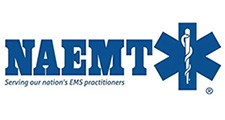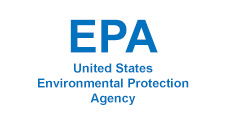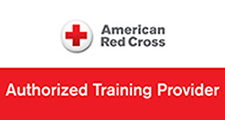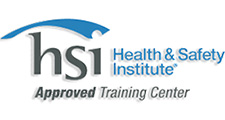- Office Phone:
- (718) 631-3333
- Office Hours:
- Mon - Sat: 9:00 AM to 12:00 PM - Sun: Closed

First Aid Essentials: How to Treat Scrapes, Cuts, and Minor Burns
Accidents happen, and when they do, it’s crucial to know how to provide immediate care for minor injuries like scrapes, cuts, and burns. While these injuries may seem insignificant, proper treatment can prevent infections and promote faster healing. In this guide, we'll cover essential first aid techniques to address these common mishaps.
1. Assess the Injury:
- Before administering any treatment, assess the severity of the injury. Determine if it's a scrape, cut, or burn, and evaluate its size and depth.
- Look for signs of infection such as redness, swelling, or pus. Seek medical attention if the injury appears deep, is bleeding excessively, or shows signs of infection.
2. Treating Scrapes:
- Clean the scrape with mild soap and water to remove dirt and debris. Avoid using hydrogen peroxide or alcohol, as they can further damage the tissue.
- Apply an over-the-counter antibiotic ointment to the scrape to prevent infection.
- Cover the scrape with a sterile bandage or gauze pad to protect it from further injury and contamination.
- Change the bandage daily and monitor the scrape for signs of infection.
3. Managing Cuts:
- Stop the bleeding by applying gentle pressure with a clean cloth or sterile gauze. Elevate the cut if possible to reduce bleeding.
- Clean the cut with mild soap and water, gently removing any debris.
- Apply an antiseptic solution like iodine or chlorhexidine to the cut to prevent infection.
- Close the cut with adhesive bandages or butterfly closures if it's deep or gaping.
- Change the bandage daily and watch for signs of infection such as increased pain, redness, or swelling.
4. Dealing with Minor Burns:
- For minor burns, immediately run cool water over the affected area for 10 to 15 minutes to alleviate pain and prevent further damage.
- Avoid applying ice or butter to the burn, as these can worsen the injury.
- Cover the burn with a sterile, non-adhesive bandage or clean cloth to protect it from infection.
- Do not pop any blisters that form, as they help protect the underlying skin and promote healing.
- Consider taking over-the-counter pain relievers like ibuprofen or acetaminophen to manage pain and inflammation.
5. When to Seek Medical Attention:
- While most scrapes, cuts, and minor burns can be treated at home, certain situations require medical attention.
- Seek medical help if the injury is deep, won't stop bleeding, or shows signs of infection.
- If the burn is severe, covers a large area of the body, or affects sensitive areas like the face or genitals, seek immediate medical attention.
- People with diabetes or compromised immune systems should also seek medical help for even minor injuries to prevent complications.
Knowing how to properly treat scrapes, cuts, and minor burns is essential for everyone. By following these simple first aid techniques, you can provide immediate care for minor injuries, prevent infections, and promote faster healing. Remember to always assess the severity of the injury and seek medical attention if necessary. With the right knowledge and tools, you can effectively manage these common mishaps and keep yourself and others safe and healthy.





